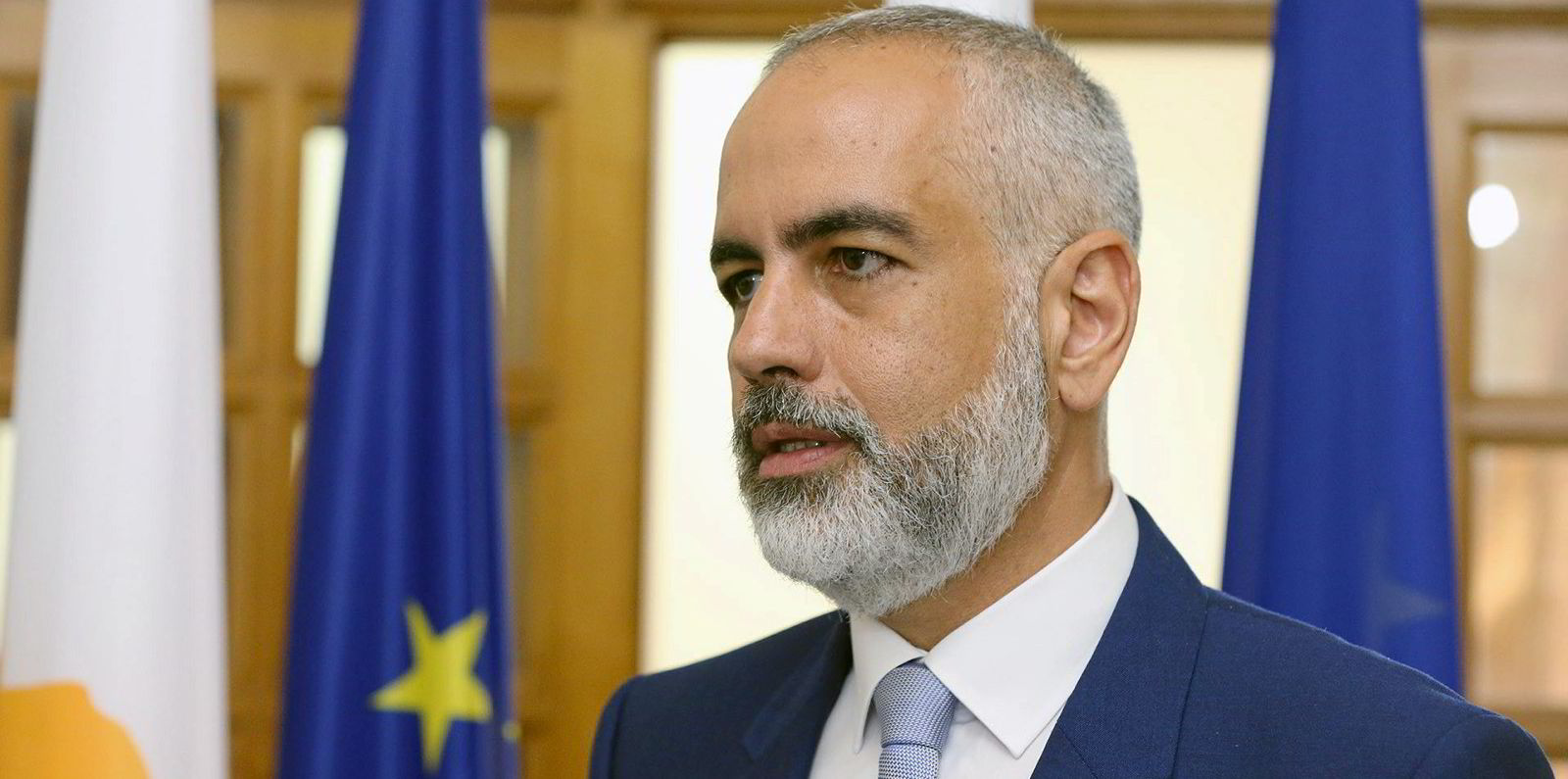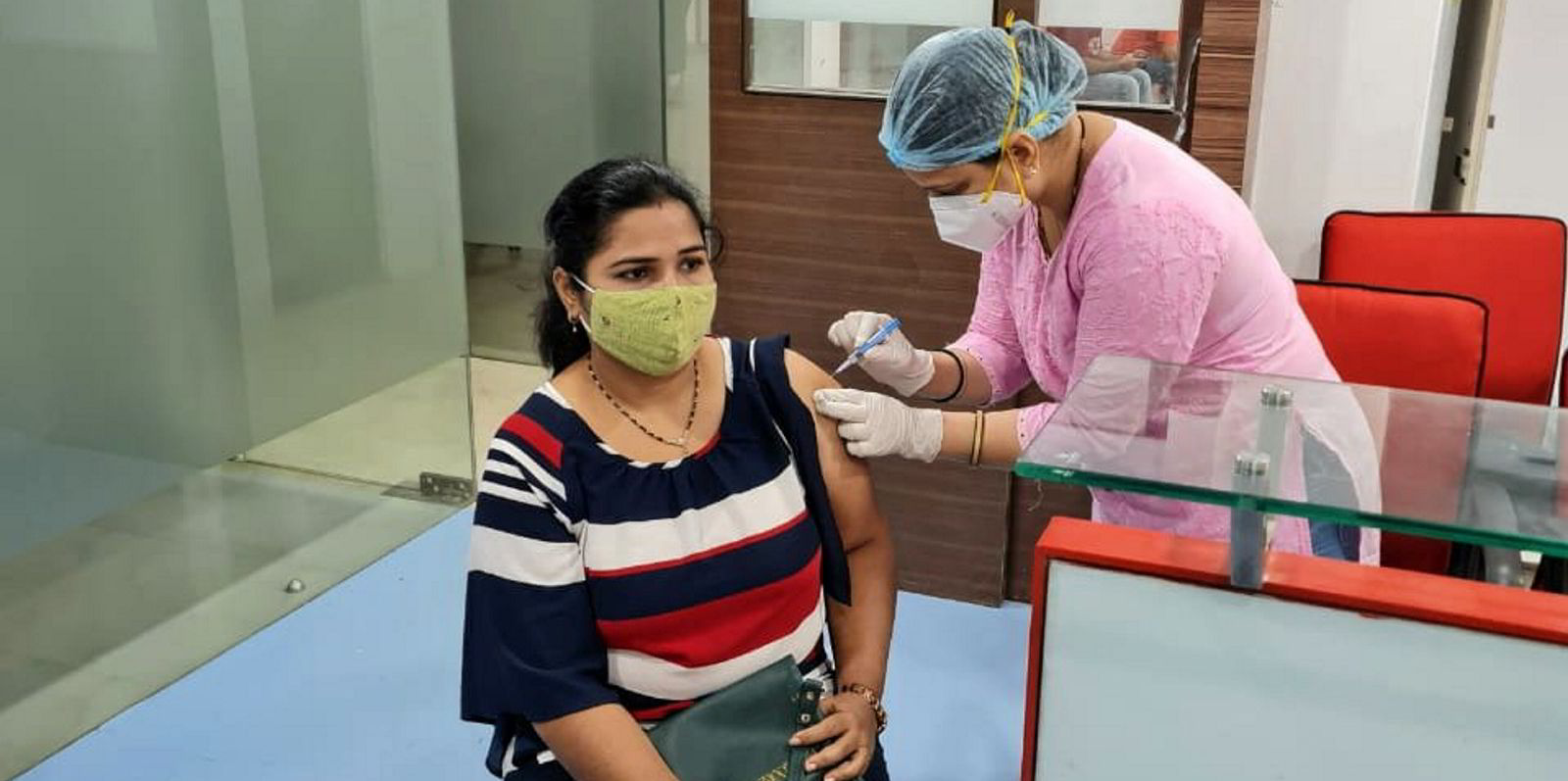The government of Cyprus said on Thursday that it would unveil a Covid-19 vaccination plan for vessels linked to the country.
Details of the initiative will be announced in a circular next week and will apply to crews of vessels flying the Cypriot flag and those managed out of the nation or otherwise linked to the country.
“We feel responsible to do something at the national level,” the country’s deputy minister in charge of shipping, Vassilios Demetriades, told a Capital Link conference.
“As of next week, Cyprus will be ready to announce that all seafarers working on board Cyprus ships — no matter where the ship is — and all ships calling at Cyprus ports with a relation to Cyprus — either managed out of Cyprus or using the Cyprus flag … will be able to ensure a vaccine for their seafarers under a special procedure,” Demetriades said.
Cyprus is Europe’s biggest ship-management hub, with an estimated 4% of the world's fleet operating out of the island nation.
Given the weighty role played by shipping in the country’s economy, the government has taken a leading role in helping to coordinate a global response to Covid-19.
Cyprus was one of the first to recognise seafarers as essential workers. According to Demetriades, more than 15,000 seafarers were repatriated or underwent a crew change through Cypriot ports since May 2020 — even during lockdown periods.
Going further in that effort, Demetriades said the country would be willing, under certain conditions, to organise jabs for vessels from other nations as well.
“We’d like to exchange with the social partners at a global level the possibility of Cyprus becoming a vaccination hub,” he said.
Since the country’s national reserves would not suffice for such a campaign, he added that Cyprus would only be able to undertake it in cooperation with other nations or organisations.
Demetriades said that one possibility would be for the European Union — of which Cyprus is a member — to set aside for seafarers a part of the excess vaccine supplies it has earmarked for third-world countries.






